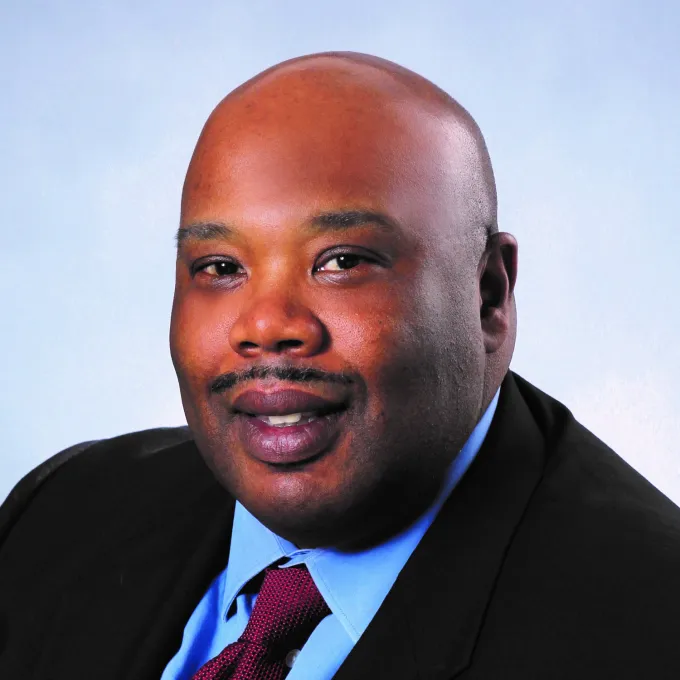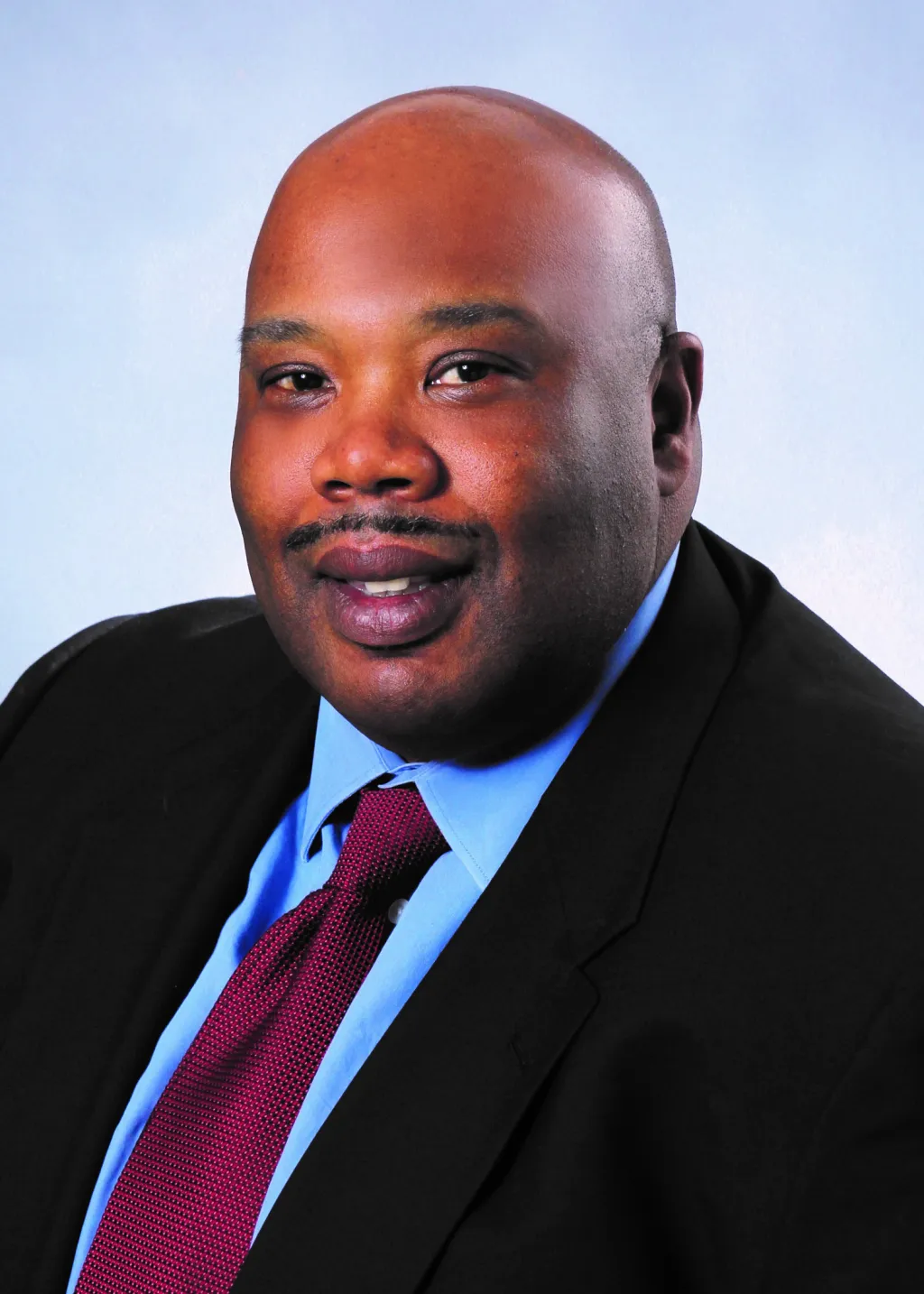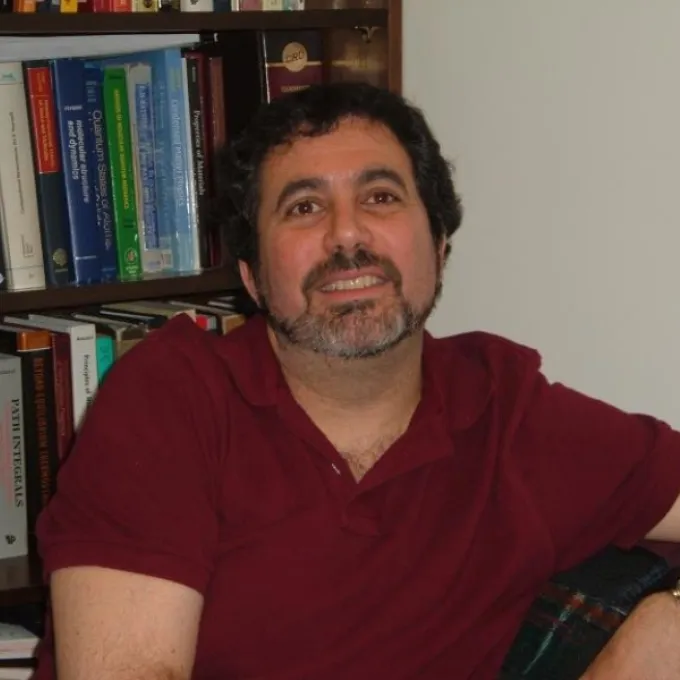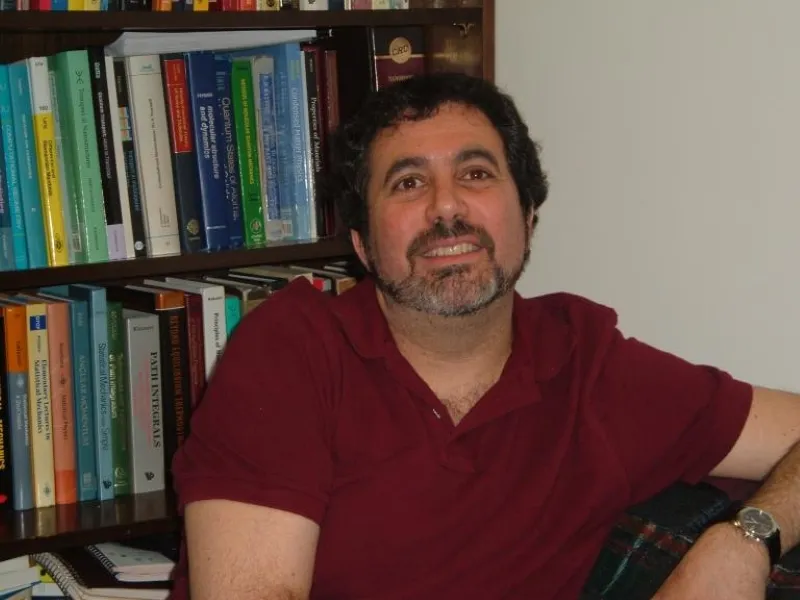The lecture is given in memory and honor of the late Professor Joseph W. Kennedy, who served as chairman of the Department of Chemistry at Washington University from 1946 - 1956. Born in Nacogdoches, Texas in 1917, Professor Kennedy received his Ph.D. in 1939 from the University of California at Berkeley. In 1941 he made history with the discovery of the element plutonium along with his colleagues Arthur C. Wahl, and Glenn T. Seaborg, Nobel Laureate (in 1951) and past chairman of the United States Atomic Energy Commission.
Professor Kennedy was active on the Manhattan project during World War II, serving as Division Leader in the Chemistry and Metallurgy Division from 1943 to 1945. He was awarded the Medal for Merit by the President of the United States in 1946. Professor Kennedy's research interests included the determination of the chemical properties of new elements and the application of isotopic-tracer techniques to study the diffusion of reaction kinetics.
Prior to 1946, the Department of Chemistry at Washington University was small and devoted almost entirely to undergraduate teaching. With the arrival of Professor Kennedy in 1946, however, this picture changed. Bringing with him a group of young scientists, he gave the Department a new orientation, and it is now recognized not only for its commitment to high quality undergraduate education, but also to strong research programs and to education at the graduate level. The national stature that the Department has acquired over the past half-century is a direct consequence of the impetus provided by Professor Kennedy.



